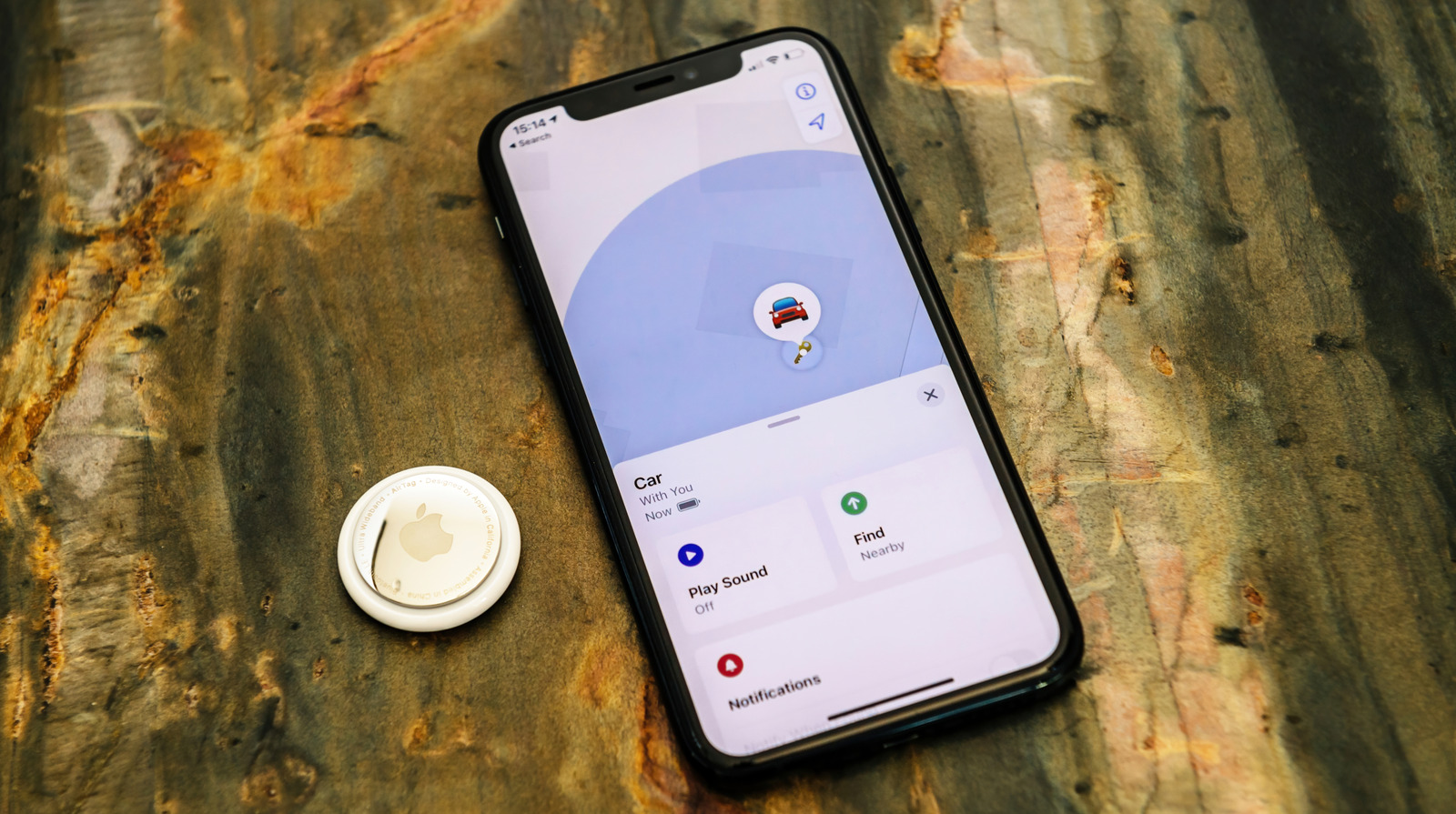Testing Angular Components with Children using Jest
parent-component.ts @Component({ selector: 'app-parent', template: ` Parent Component `, }) export class ParentComponent { parentValue = 'Parent Value'; } parent-component.spec.ts import { ComponentFixture, TestBed } from '@angular/core/testing'; import { ParentComponent } from './parent.component'; import { Component, Input } from '@angular/core'; import { By } from '@angular/platform-browser'; // Child component mock @Component({ selector: 'app-child', template: '{{ value }}' }) class MockChildComponent { @Input() value: string = ''; } describe('ParentComponent', () => { let parentComponent: ParentComponent; let fixture: ComponentFixture; let childComponent: MockChildComponent; beforeEach(() => { TestBed.configureTestingModule({ declarations: [ParentComponent, MockChildComponent] // Use mock instead of real child }); fixture = TestBed.createComponent(ParentComponent); parentComponent = fixture.componentInstance; childComponent = fixture.debugElement.query(By.directive(MockChildComponent)).componentInstance as MockChildComponent; fixture.detectChanges(); }); it('should create', () => { expect(parentComponent).toBeTruthy(); }); it('should pass the correct value to child component', () => { expect(childComponent.value).toBe('Parent Value'); }); it('should update child component when parent value changes', () => { parentComponent.parentValue = 'New Value'; fixture.detectChanges(); expect(childComponent.value).toEqual('New Value'); }); }); Tip: The mock child component (MockChildComponent) ensures you're only testing the parent component's behavior.

parent-component.ts
@Component({
selector: 'app-parent',
template: `
Parent Component
parent-component.spec.ts
import { ComponentFixture, TestBed } from '@angular/core/testing';
import { ParentComponent } from './parent.component';
import { Component, Input } from '@angular/core';
import { By } from '@angular/platform-browser';
// Child component mock
@Component({
selector: 'app-child',
template: '{{ value }}'
})
class MockChildComponent {
@Input() value: string = '';
}
describe('ParentComponent', () => {
let parentComponent: ParentComponent;
let fixture: ComponentFixture<ParentComponent>;
let childComponent: MockChildComponent;
beforeEach(() => {
TestBed.configureTestingModule({
declarations: [ParentComponent, MockChildComponent] // Use mock instead of real child
});
fixture = TestBed.createComponent(ParentComponent);
parentComponent = fixture.componentInstance;
childComponent = fixture.debugElement.query(By.directive(MockChildComponent)).componentInstance as MockChildComponent;
fixture.detectChanges();
});
it('should create', () => {
expect(parentComponent).toBeTruthy();
});
it('should pass the correct value to child component', () => {
expect(childComponent.value).toBe('Parent Value');
});
it('should update child component when parent value changes', () => {
parentComponent.parentValue = 'New Value';
fixture.detectChanges();
expect(childComponent.value).toEqual('New Value');
});
});
Tip: The mock child component (
MockChildComponent) ensures you're only testing the parent component's behavior.









































































































































































![[The AI Show Episode 144]: ChatGPT’s New Memory, Shopify CEO’s Leaked “AI First” Memo, Google Cloud Next Releases, o3 and o4-mini Coming Soon & Llama 4’s Rocky Launch](https://www.marketingaiinstitute.com/hubfs/ep%20144%20cover.png)




























































































































![[DEALS] The All-in-One Microsoft Office Pro 2019 for Windows: Lifetime License + Windows 11 Pro Bundle (89% off) & Other Deals Up To 98% Off](https://www.javacodegeeks.com/wp-content/uploads/2012/12/jcg-logo.jpg)



























![Is this too much for a modular monolith system? [closed]](https://i.sstatic.net/pYL1nsfg.png)






















































































































_Andreas_Prott_Alamy.jpg?width=1280&auto=webp&quality=80&disable=upscale#)
































































































![What features do you get with Gemini Advanced? [April 2025]](https://i0.wp.com/9to5google.com/wp-content/uploads/sites/4/2024/02/gemini-advanced-cover.jpg?resize=1200%2C628&quality=82&strip=all&ssl=1)













![Apple Shares Official Trailer for 'Long Way Home' Starring Ewan McGregor and Charley Boorman [Video]](https://www.iclarified.com/images/news/97069/97069/97069-640.jpg)
![Apple Watch Series 10 Back On Sale for $299! [Lowest Price Ever]](https://www.iclarified.com/images/news/96657/96657/96657-640.jpg)
![EU Postpones Apple App Store Fines Amid Tariff Negotiations [Report]](https://www.iclarified.com/images/news/97068/97068/97068-640.jpg)
![Apple Slips to Fifth in China's Smartphone Market with 9% Decline [Report]](https://www.iclarified.com/images/news/97065/97065/97065-640.jpg)




































































































































